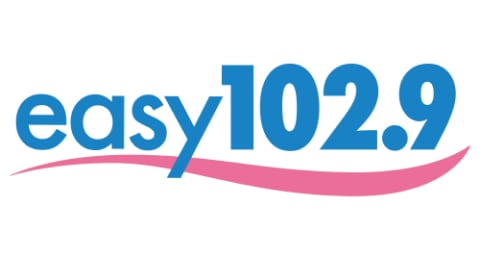With Christmas less than three months away, anxious and money-strapped consumers now have a bevy of “buy now, pay later” options available to help stretch their holiday budgets, begging the question: Is the strategy financially sound?
Savvy consumers have no doubt noticed the onslaught of new payment methods being offered at online checkout, aimed at minimizing sticker shock by spreading purchases out over several installments, typically without accruing interest.
According to The Associated Press, the practice – fueled by such companies as Affirm, Afterpay and Karma – exploded in popularity during COVID-19-era restrictions, gaining particular traction among young and low-income consumers who may not have ready access to traditional credit.
Carrie Rattle, a financial therapist in New York who focuses on clients’ overspending habits, expressed concern in an interview with Time that BNPL plans, also known as point-of-sale loans, send financially irresponsible messages to vulnerable consumers by enabling instant gratification without actually alleviating any financial barriers.
“When losses are pushed out over weeks or months, they seem like less. It’s [a] perception of greater affordability that is not reality,” Rattle told the magazine.
Yet a recent survey conducted by Affirm indicated that 56% of consumers questioned intend to use BNPL plans to help fund their 2022 holiday shopping, and retail behemoths Amazon, Walmart and Target have, in turn, announced partnerships with BNPL providers such as Affirm, Sezzle and Zip, CNBC reported.
Here’s what you need to know:
How does buy now, pay later work?
- BNPL services, branded as “interest-free loans,” require you to download a service provider’s app, link a bank account or debit card and sign up to pay in weekly or monthly installments.
- Scheduled payments are then automatically deducted from bank accounts or charged to the designated credit cards.
- Late payments may be subject to a flat fee or a fee calculated as a percentage of the total owed. These fees can run as high as $34 plus interest; multiple missed payments can get you banned from the services; and repeated delinquencies can hurt your credit score.
What are the risks?
- BNPL services in the United States are not currently covered by the Truth in Lending Act, which regulates credit cards and other types of loans requiring more than four payment installments.
- Lauren Saunders, associate director at the National Consumer Law Center, told the AP that consumers should avoid linking BNPL apps to credit cards because doing so invalidates the card’s Truth in Lending Act protections. “Use the credit card directly, and get those protections,” she said. “Otherwise, it’s the worst of both worlds.”
- BNPL loans can currently only hurt your credit profile because you can be dinged for missed payments without being credited for on-time payments.
- A recent LendingTree study found that two-thirds of BNPL loan holders surveyed said that they spend more than they would have if they had to pay for their purchase up front.
- Sachin Banker, an assistant professor of marketing at the University of Utah, told CNBC’s “Select” that very little separates the use of BNPL loans and credit cards on a psychological level. “At a psychological level, people overspend with credit cards, in part, because credit cards allow people to separate consumption from payment. In other words, you can get the item immediately but don’t actually need to think hard about costs until you [get] a complicated bill later, which has everything lumped together,” he said.
- BNPL loans appeal to consumers with no and low credit because they can often be approved without a credit check. The flip side, however, is that every BNPL loan that you take out is considered a separate account on your credit report. When you take out a short-term loan and then pay it off, you’re closing one account and therefore decreasing the average age of your credit history. Since the length of your credit history (which is made up of the average age of your accounts, the age of your oldest account and how long it’s been since you opened an account) makes up 15% of your FICO score, using multiple BNPL loans and closing them could have a dramatic negative impact on your credit score, Select reported.
Why do retailers like BNPL?
- When shoppers are given the option to pay off purchases in installments, they are more likely to buy more goods in one go, the AP reported.
- According to CNBC, Afterpay boasts that order values are 20% to 30% higher when consumers use its service over other payment methods like debit, credit or cash.
By the numbers:
- A recent poll by Morning Consult found that 15% of BNPL customers are using the service for routine purchases, such as groceries and gas.
- A July report from the Fitch ratings agency found that delinquencies on BNPL apps increased sharply in the 12 months that ended March 31, to as high as 4.1% for Afterpay, while credit card delinquencies held relatively steady at 1.4%.
-- The Associated Press contributed to this report.
©2022 Cox Media Group

